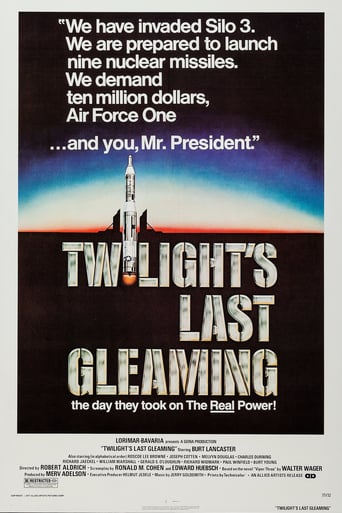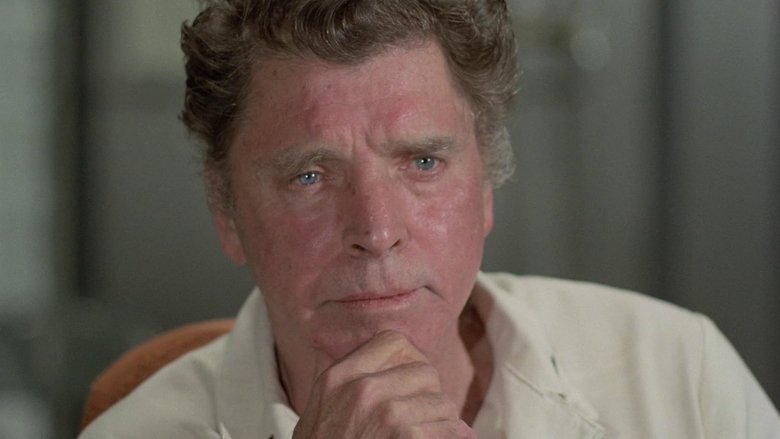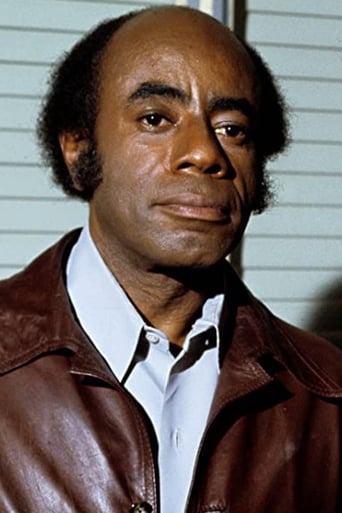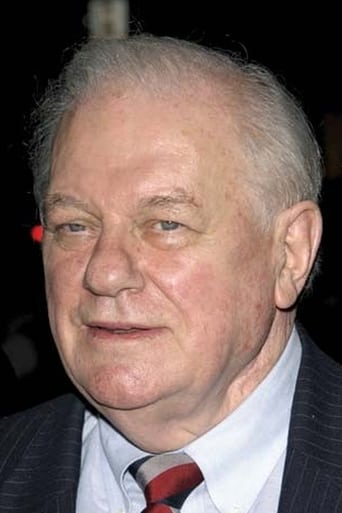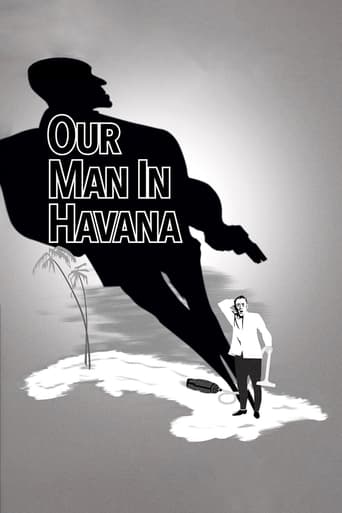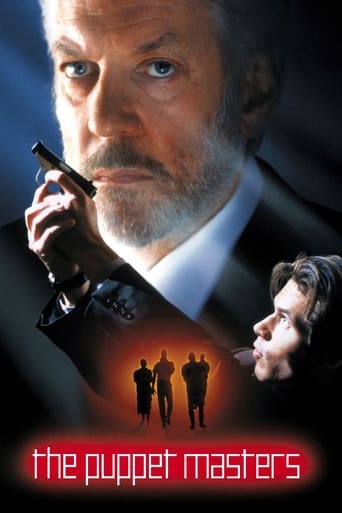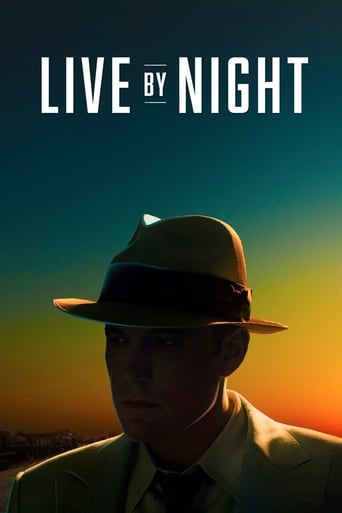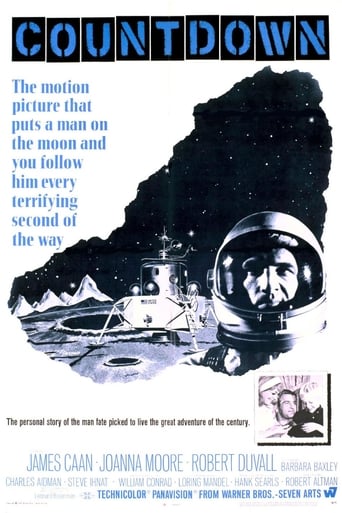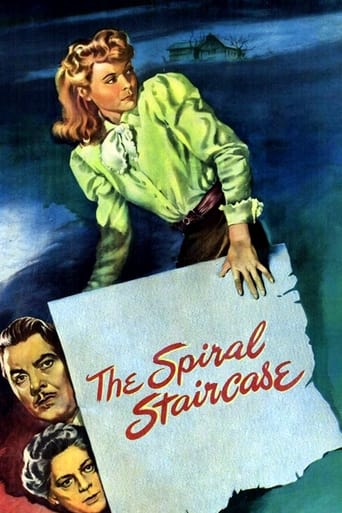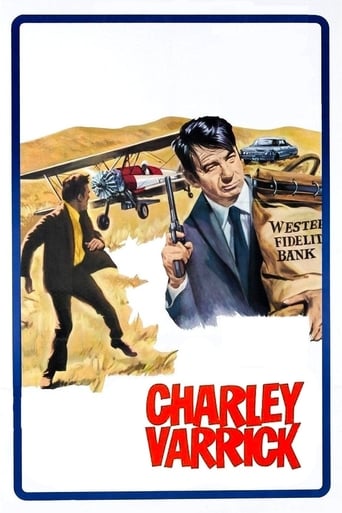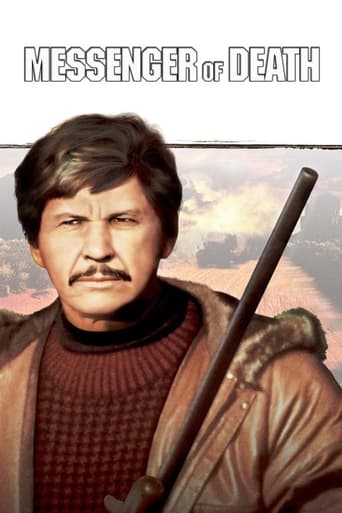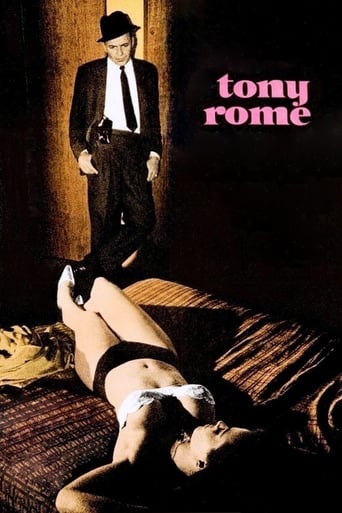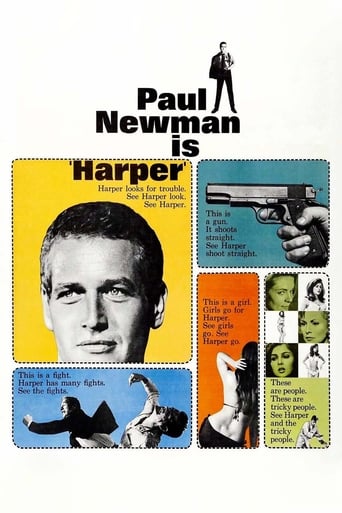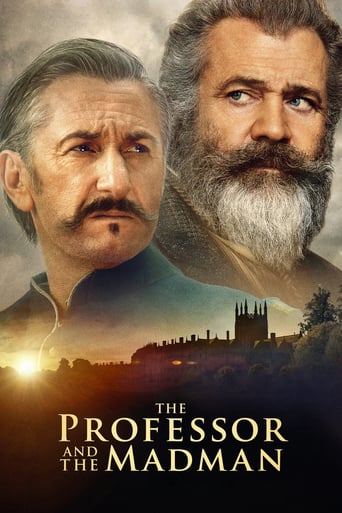Twilight's Last Gleaming (1977)
A renegade USAF general, Lawrence Dell, escapes from a military prison and takes over an ICBM silo near Montana and threatens to provoke World War 3 unless the President reveals details of a secret meeting held just after the start of the Vietnam War between Dell and the then President's most trusted advisors.
Watch Trailer
Free Trial Channels
Cast


Similar titles
Reviews
This Movie Can Only Be Described With One Word.
Slow pace in the most part of the movie.
How sad is this?
A movie that not only functions as a solid scarefest but a razor-sharp satire.
Walter Wagers' novel "Viper Three" is the basis for this solidly entertaining movie about Lawrence Dell (Burt Lancaster), a renegade former Air Force general who's broken out of prison. In the company of three other men - Willis Powell (Paul Winfield), Augie Garvas (Burt Young), and Hoxey (William Smith) - he manages to infiltrate an ICBM silo near Montana. His intention is to threaten to start WWIII if the U.S.A. does NOT come clean regarding the "real" reasons that they started the Vietnam war.Many conversations between the P.O.T.U.S. (Charles Durning) and his top aides follow, as well as a couple of attempts to subdue Dell and his comrades. These are spearheaded by Martin MacKenzie (Richard Widmark), a Commanding General who is a thorn in the side from Dells' past.Durning, as a highly principled President, and Winfield, as a smart, savvy man who actually has to educate the somewhat naive Dell on the reality of what they're facing, are the MVPs in this incredible array of top notch actors. Although this viewer was a little dismayed to see big bad Bill Smith removed from the story awfully early, he was thoroughly impressed to see so much talent in one place. And that extends to the character actors in small parts. (Keep your eyes peeled for a young John Ratzenberger.)Jerry Goldsmiths' majestic score is perfect accompaniment for a compelling narrative that provides some food for thought. After all, the desire for a government that is actually open and honest with its citizens is something many of us - not just Americans - would dearly like to see. Director Robert Aldrich handles everything in style; this is a very well directed film, especially in a few genuinely tense sequences. The only real criticism that this viewer would level at "Twilight's Last Gleaming" is that it does go on an awfully long time.Interestingly, this was filmed on location in Germany.Seven out of 10.
Very good pre-apocalypse/conspiracy/anti-Vietnam war film. Some genuinely suspenseful moments. Technically superb quality in the print I saw which actually shows so much detail that the film sets have an undefinable slightly phony/cheap feel about them – particularly the scenes set in the Oval office and on board Air Force One (although this might be due to the film getting a little dated now). The characterisation of the President is also slightly odd and came across to me as untrustworthy although we are supposed to believe he has a change of heart over releasing classified information. The ending is ambiguous – was the promise kept or broken? A long film it does not outstay it's welcome and is quite gripping to watch.It would be interesting to see this film remade today with current technology (both in terms of film- making SFX and also from the point of view of current USA missile firing technology).Good use of split-screen to show simultaneous action (and even overlapping dialogue). This works particularly well for the scenes involving security cameras outside the silo.
I've been waiting 10 years to see this film again. Great news that it might be released in 2007 in its full glory. Twilight's Last Gleaming is one of the films that had a profound effect on me, partly because I was a Vietnam-era student and partly because of the intense subject matter.This film by Robert Aldrich deserves a wide audience, particularly in this time (George W. Bush administration) when the themes it presents are so current. Questions abound: Who is a terrorist? What has our government done in the name of freedom? What are we prepared to do to maintain secrecy? I can't wait. Moreover, the ending will again hit me between the eyes.
Burt Lancaster, Richard Widmark, Joseph Cotten, Melvyn Douglas Charles Durning - among the most memorable actors of the '40s and '50s. I thought it a blessing that they were still in pictures in 1977 and truth to tell, most of the people below 30 in the theatre with me weren't familiar with them. Thematic spoiler ahead: The general run amuck with a noble purpose portrayed by Burt Lancaster wanted the government to reveal the real reason for engaging in the Vietnam War. According to the film the reason was that it was all a game of "chicken" all along. The US war hawks wanted to show the Soviets that America was willing to do anything - including sacrificing the lives of thousands of American soldiers not to mention essentially innocent Vietnamese lives, to stop the spread of communism. The reason seems plausible even now but I think that was not it.Contrary to conventional wisdom, I don't think the Cold War with the Soviets and the accompanying proxy hot wars during that period was about ideology. Just as the earlier two world wars, and practically all wars for that matter, it was a contest for resources. Ho Chi Minh, after all, assiduously courted American support in his guerrilla war against the invading Japanese (he asked for weapons) but was ignored by US officials. He even drafted a constitution for his country blatantly copied from the US constitution. Why was he snubbed by the US officials? Ostensibly,because they didn't want to tick off the French from whom Ho also wanted to free his country. But by that time WWII was already well under way and France had already fallen to Nazi Germany. So it was not as if France was still a valuable ally or could make any demands on the US. I believe the US did not like Ho Chi Minh because, although he was not yet a Soviet or Mao style communist at that time, he was a committed nationalist and socialist. That made him anathema to Wall Street type capitalists or Big Business. In their equation, he was a threat to US interests and with their influence in the military-industrial complex they made him out to be an enemy of the American people. This is the same mind-set that led American operatives to back the strongman Pinochet in Chile which led to the assassination of Allende. This is the same reason why apart from the economic and diplomatic sanctions against the racist former white regime in South Africa, the US ruling classes could not bring themselves to act decisively and directly against the brutalities of the apartheid regime. What really brought down Boer ruled South Africa were not economic sanctions and diplomatic isolation by the West but the active Cuban support of socialist guerrilla movements in countries like Angola and Mozambiqe surrounding South Africa. That put a lot of pressure on the white government whose members realized that they had to capitulate to black rule to firewall the conflagration of popular nationalist revolutions in their region of Africa. Nelson Mandela himself acknowledges this which is why to this day he is in awe of Fidel Castro, who by the way just like Ho was simply a dedicated nationalist out to do the best for his own people thus earning the opprobrium of the Mafia and US Big Business. Just like Ho,the US-educated Castro was initially strongly pro-American. Ho in his struggle against the Japanese and the French had nowhere to turn to but the Russians. Castro, in his struggle against the US banks and the American capitalists who owned and run his country's public utilities and dictated the prices of their chief exports, sugar and tobacco, also had to turn to the Soviets for succor.In any case, this film was great food for thought not only about the inherent dangers of nuclear war readiness but of the politics of fear and the economics of greed.

